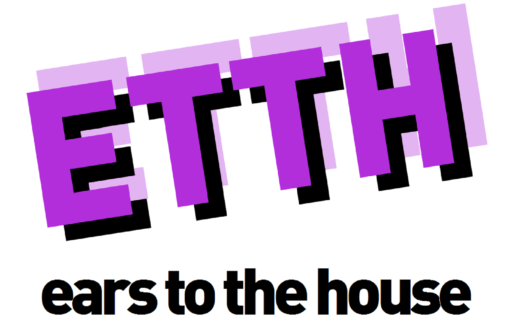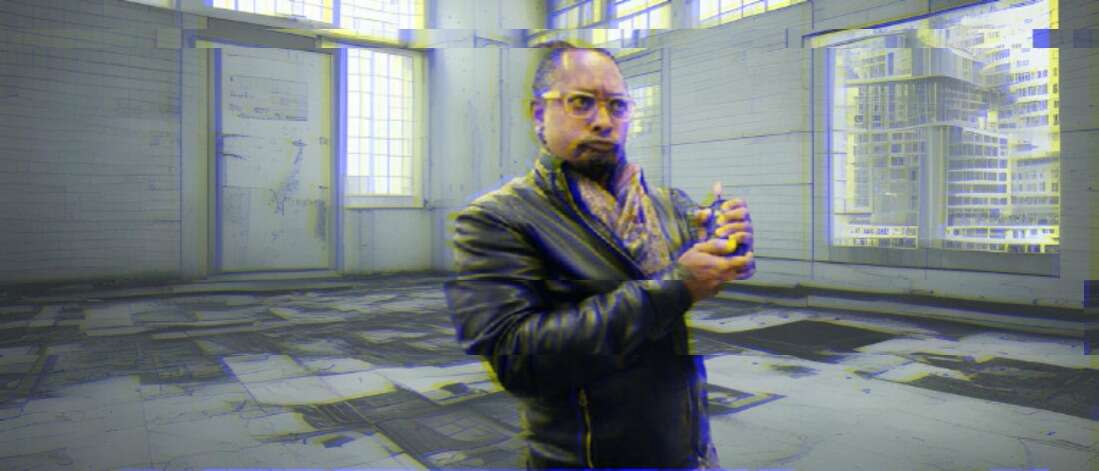We have an explicit rule here at Ears To The House – it applies to both our writers and to those who frequently contribute ideas for stories to the site. This rule is pretty simple – spend as little time as physically possible looking at the websites of Resident Advisor, Mixmag and so on.
That said, we do occasionally take a peep at what they’re writing about – mostly because even a stopped clock is right twice a day. And an article which Mixmag ran during the week – titled “CPS will now be able to use drill music videos as evidence in UK courts” certainly caught our attention. Partly for the wrong reasons, partly the right ones.
Let’s start with the wrong reason. Mixmag is incorrect to say this applies in UK courts – because the UK doesn’t operate under a single legal system. The Crown Prosecution Service only operates in the legal jurisdiction of England and Wales – in Scotland and Northern Ireland, decisions on prosecutions are made by the Crown Office and Procurator Fiscal Service and the Public Prosecution Service respectively.
Error aside, however, this raises a very interesting question – and we don’t mean the question of how many people are really so stupid that they’d incriminate themselves in a song. Who exactly is going to make these determinations? There are millions of songs out there which nobody knows the meaning to – and depending upon who wrote it in the first place, even they might not be able to provide much assistance.
And besides, two people appearing in a video together doesn’t necessarily mean anything in its own right. We can just about understand the use of a music video in evidence if it was placed in context with other things – but by itself, it means little. In light of the treatment of drill music – particularly the British strand of the genre – things become a little more murky.
As Each Other explained a few years ago, some drill music has been subject to injunctions. This suspension of free speech is justified by police on the grounds of preventing crime – but the idea they can do this and the injunction takes full effect before it can even be challenged is something which makes us feel pretty uneasy. Drill music is not a genre which interests us at this site, but these apparent attempts to stifle free speech are more than a little reminiscent of the British Criminal Justice and Public Order Act 1994.
The authorities never seem to learn that trying to criminalise music doesn’t work, do they?





